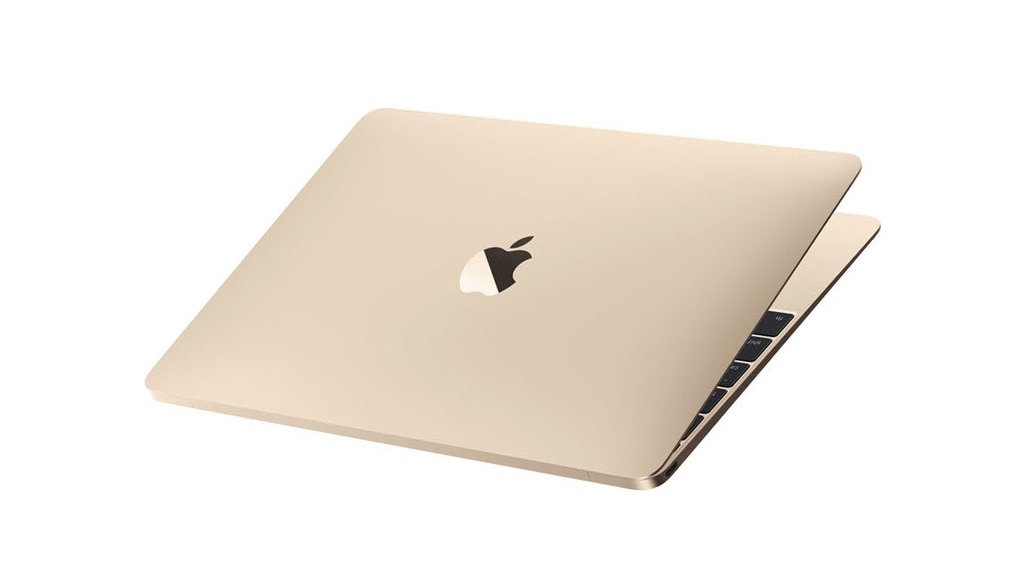Apple declares 12-inch MacBook from 2015 a vintage product
Apple has added the very first 12-inch MacBook to be released to its list of vintage and obsolete products, limiting the support options that owners have.

Credit: Apple
The 12-inch MacBook from 2015 was added to Apple's list of vintage and obsolete products on June 30. The device's addition to the vintage product list comes about six years after the laptop first launched.
The 12-inch MacBook was Apple's smallest Mac to house a Retina display and was priced at $1,299.
Apple updated the MacBook with fresh internals in 2016 and again in 2017. However, the company quietly discontinued the model in 2019
Apple defines "vintage" devices as those that have not been manufactured for more than five years but fewer than seven years. "Obsolete" products, on the other hand, are those that have been discontinued for more than seven years. Obsolete products are not able to receive hardware service from Apple technicians or Authorized Service Providers, with "no exceptions."
Keep up with everything Apple in the weekly AppleInsider Podcast -- and get a fast news update from AppleInsider Daily. Just say, "Hey, Siri," to your HomePod mini and ask for these podcasts, and our latest HomeKit Insider episode too.If you want an ad-free main AppleInsider Podcast experience, you can support the AppleInsider podcast by subscribing for $5 per month through Apple's Podcasts app, or via Patreon if you prefer any other podcast player.

Credit: Apple
The 12-inch MacBook from 2015 was added to Apple's list of vintage and obsolete products on June 30. The device's addition to the vintage product list comes about six years after the laptop first launched.
The 12-inch MacBook was Apple's smallest Mac to house a Retina display and was priced at $1,299.
Apple updated the MacBook with fresh internals in 2016 and again in 2017. However, the company quietly discontinued the model in 2019
Apple defines "vintage" devices as those that have not been manufactured for more than five years but fewer than seven years. "Obsolete" products, on the other hand, are those that have been discontinued for more than seven years. Obsolete products are not able to receive hardware service from Apple technicians or Authorized Service Providers, with "no exceptions."
Keep up with everything Apple in the weekly AppleInsider Podcast -- and get a fast news update from AppleInsider Daily. Just say, "Hey, Siri," to your HomePod mini and ask for these podcasts, and our latest HomeKit Insider episode too.If you want an ad-free main AppleInsider Podcast experience, you can support the AppleInsider podcast by subscribing for $5 per month through Apple's Podcasts app, or via Patreon if you prefer any other podcast player.

Comments
This has never been the case.
Heck, even the gigantic BookBook I keep it stored in has aged nicely. Any issues that occurred during it's lifetime were mostly repaired by me or my guy who's been repairing computers since the late 80's.
Truthfully, I never liked the MB. I thought it was a compromised stopgap computer. That being said, I'm sure anybody with one should have it for quite a while. Caveat being the health of the keyboard. I doubt it will last as long as my gray aircraft carrier, but it should be around for a while.
If authorized repair centers aren't allowed to repair old devices, and unauthorized centers aren't allowed access to parts or the documentation, it essentially means an older device can't be repaired.